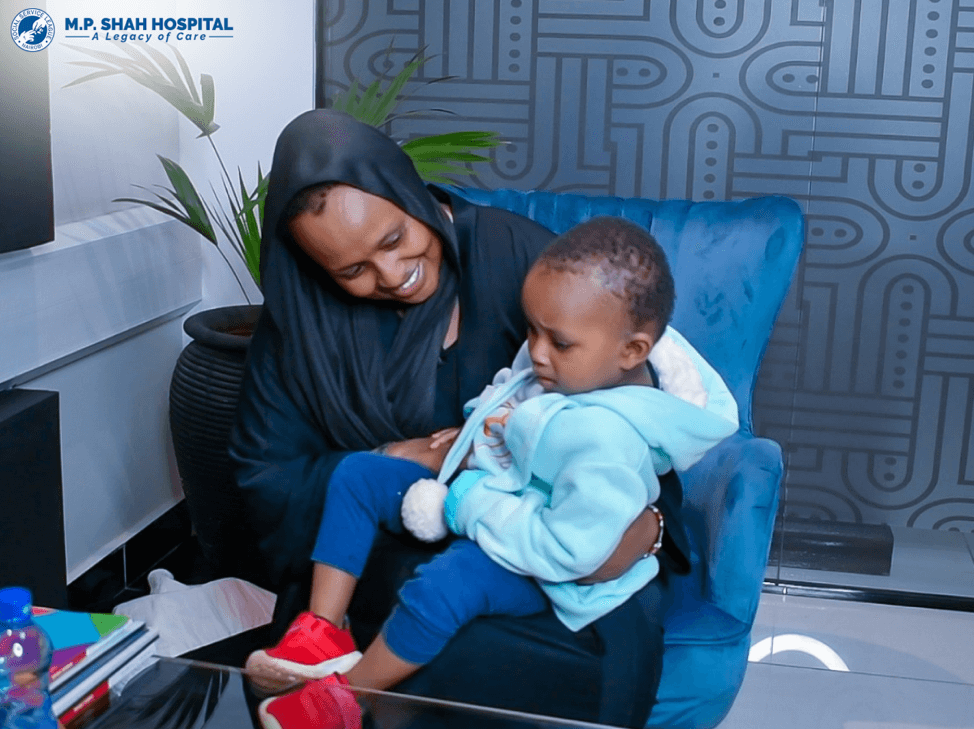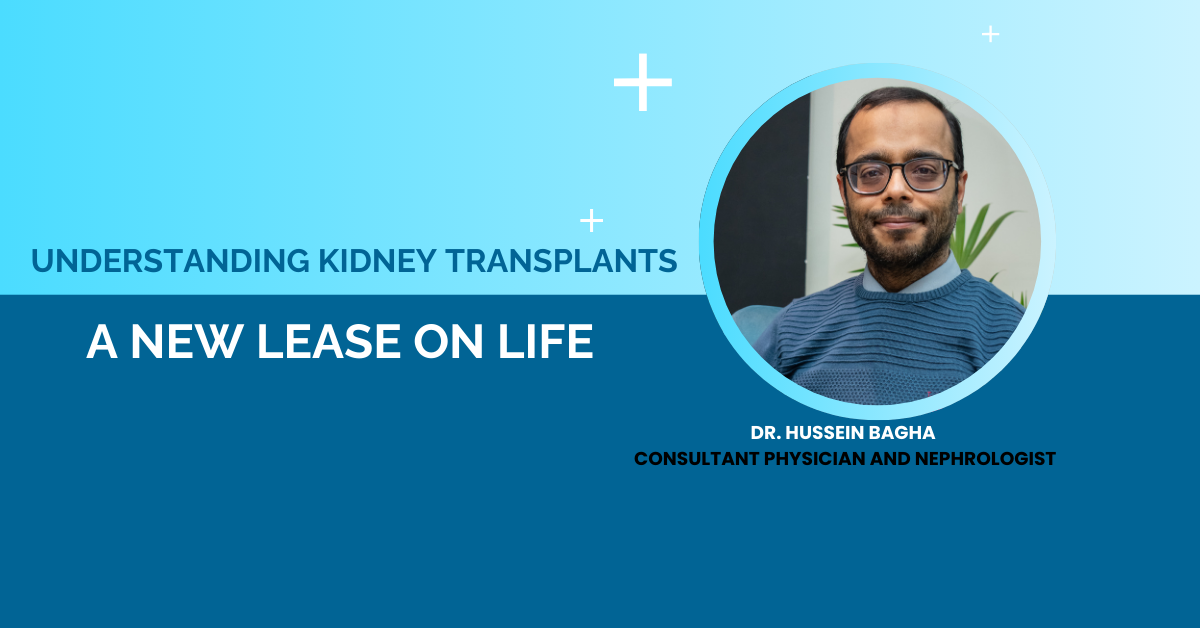M.P Shah Hospital is looking to recruit a professional and evidence-driven person for a vacancy in the ICT Division, as the Systems Administrator.
JOB ADVERT–SYSTEMS ADMINISTRATOR
Reporting to the Manager, Systems Security, the overall purpose to the job is to manage servers, storage devices, Backup to ensure high availability and security of the hospital’s network, Infrastructure and systems applications.
Duties & Responsibilities:
1. Install, configure, and deploy server hardware and software, including operating systems, applications, and patches, to maintain effective network service operations
2. Active Directory Management, Oversaw the hospital’s Active Directory services infrastructure, handling device administration, hardware upgrades, account maintenance, and Group Policies
3. Disaster Recovery and Backups; Conduct routine disaster recovery testing and execute backup plans to minimize data loss and downtime during critical events.
4. Security Monitoring. Configure, manage, and monitor server and endpoint security, proactively identifying and resolving issues to optimize performance.
5. Servers Upgrade; Keep Servers up-to-date by applying patches, updates, and new software releases.
6. Supports automation and adoptions on new technologies, troubleshoots, repairs and maintains server issues and security for enterprise and large-scale applications to support continuous IT operations
7. Evaluate systems and explore alternative solutions. Develop functional specifications, standards, and requirements for hardware and software procurement and design to ensure optimal system and end-user performance. Make recommendations for changes and additional services.
8. Monitor Wi-Fi controller and access points, Ensure the Wi-Fi controller and access points are available at all times.
Key Performance Indicators
1. Systems and server’s uptime
2. Backup and restore testing
3. Servers & Endpoints Security
4. Number of implemented preventive maintenance
5. Number of applied patches and updates
Qualifications, Regulatory & Legal Requirements
1. Bachelors Degree in Information Communication Technology, Computer Science or a related field.
2. Certified Information Systems Security Professional (CISSP) or the CompTIA Security+
3. 2 (two) years’ experience in systems security analysis or related field.
4. Knowledge of cloud services and cloud hosting
5. Business security practices and procedures
6. Hardware/software security implementation approaches
7. Encryption techniques/tools
Interested and qualified candidates in the above positions are encouraged to forward their applications to the hospital recruitment portal through the link below: https://recruitment.mpshahhosp.org:6670/careers on or before 30th May 2025.
Kindly ensure complete application by capturing your education background & work experience on your profile. We encourage early submission of applications.











